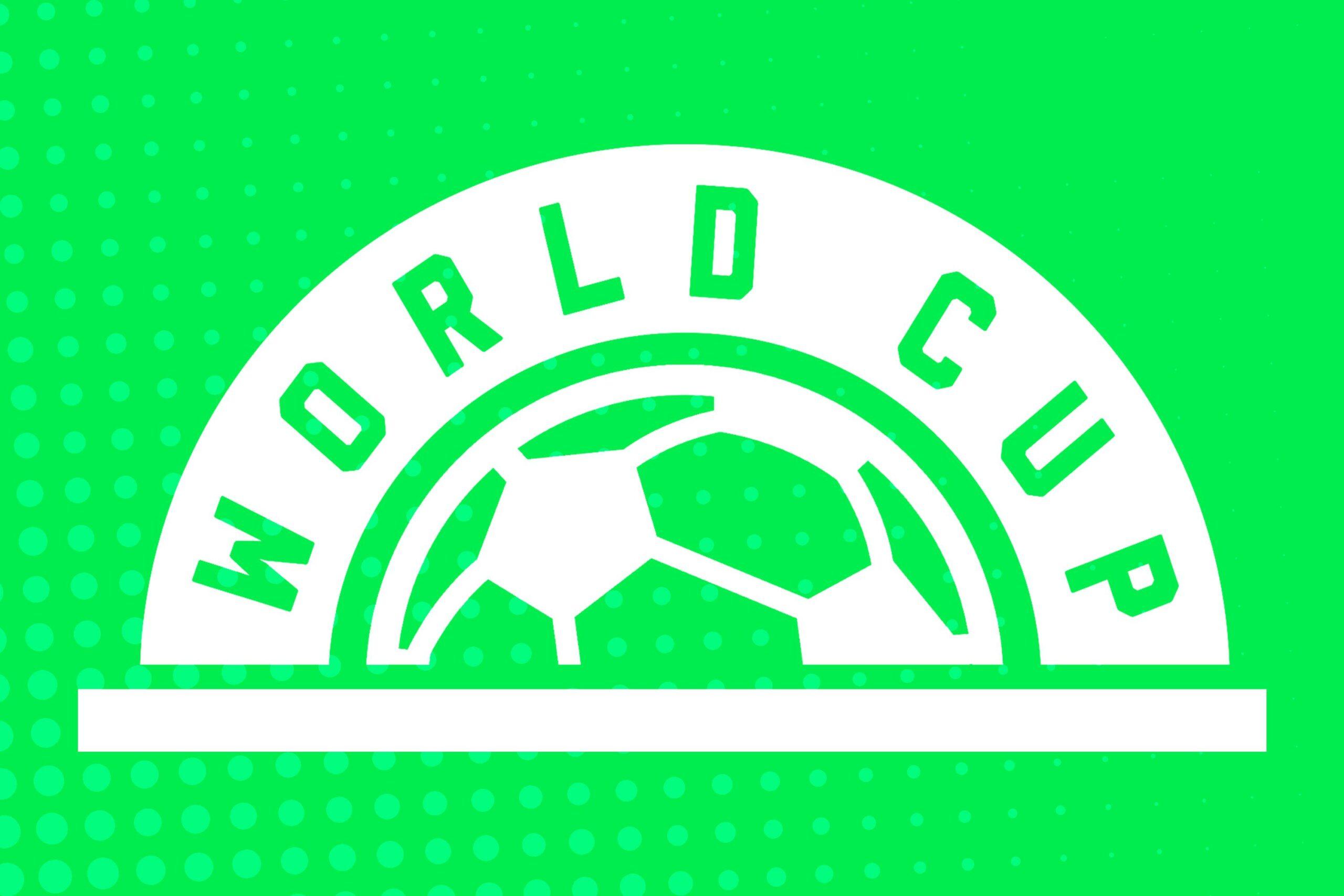There is a cottage industry within academia based on finding out whether anything actually matters at the World Cup. Delving into this research is the sports version of staring into the abyss: You’ll come out more confused than when you started. In 2014, Adaptive Human Behavior and Physiology said forwards at the World Cup with a higher ratio of “distance between the cheekbones divided by the distance between the mid-brow and the upper lip” were likelier to score. It should also be noted that this particular facial structure “correlates with greater antisocial and unethical behavior.”
A 2007 study in the International Journal of Performance Analysis in Sport found there’s no statistically significant difference between teams that win and lose in the knockout stages.
The World Cup is the best sporting event, and it doesn’t really tell you much about sports. It’s the biggest moment, and it’s the smallest sample size.
In 2014, Psychological Science published a paper that argued that talent—particularly in international soccer tournaments—has a limit. If more than 60 percent of a national team consists of players employed by the richest club teams in the world, any added talent can become a negative.
“We propose that these widespread intuitions about talent and team performance are not uniformly accurate,” the authors write. “Specifically, we argue that more talent often facilitates team performance—but only up to a point. Beyond this point, the marginal benefits of more talent will decrease and eventually turn into detriments.”
The study shows that you need to be good to win (surprise!) but also suggests there’s a delicate balance between being good and being too good. In very few walks of life or other competitive enterprises is “being too good” a problem. The World Cup is a bizarro world.
While I’m not putting much weight behind the shape of a striker’s cheekbones, I do believe in the too-much-talent theory. It was one of the reasons I believed France would not win the Euros in 2016 and, when a Ronaldo-less Portugal team closed out France in the final, it was my proof. Of course, now that they are in the World Cup final with a similar lineup, I haven’t brought the theory up in a while. But the general outline makes sense: Teams with an overload of talent typically end up that way because their managers just chose the best players instead of figuring out which ones would make the cohesive unit. Former Manchester United manager Alex Ferguson says in his autobiography that you need eight elite players to win a top-level football match. The other three can be valuable role players.
All that being said, the too-much-talent study has been rendered irrelevant by the darlings of this tournament, England, a nation that possessed 14 of the top 29 richest clubs in the world this past season. That means virtually all of their players play for “big clubs” even if the team does not have more talent than other countries. The study was fun while it lasted.
The World Cup is the perfect fodder for arguments because it’s one of the few things where you can argue in favor of whatever you want and still be correct. There are enough upsets—Germany losing in the first round, Sweden making the quarters, 33-to-1 long shot Croatia making the semifinals—that you could argue that the footballing world is getting more competitive. There’s also enough chalk—France, Belgium, and England were all within reason as semifinalists—that you could say this tournament is about the dominance of big teams. You could argue, as many have, that this tournament is all about Europe. Or you could argue that the whole thing is just luck and small sample size. Make your argument, and there will eventually be a tournament that proves your point.
But in order for all of these arguments to be true, they all have to be false, too. Germany were the model for how to build a national team—until they weren’t. England were a disaster on all fronts—until they weren’t. In Mark Bowden’s seminal book Bringing the Heat about the 1992 Philadelphia Eagles, he details how it’s the media’s job to collect a coach’s eccentricities and then, after seeing whether they win or lose, decide whether they were good or bad for the team. That, on a grand scale, is the World Cup. Since the tournament is a noisy data nightmare—Goldman Sachs predicted Brazil-Germany in the final—every four years, we get our fill of broad generalizations and cobbled-together trends, like some that have been detailed above. England manager Gareth Southgate studied NFL teams and is, at the moment, considered a genius. If he gets pasted by Croatia, one could point out that studying NFL teams is probably not that eye-opening.
Attempting to mine sports knowledge from the World Cup is a maddening genre of exploration. This is the greatest sporting event in the world with, likely, the greatest athletes in the world. It is also one of the most democratic events on earth. If San Marino, an objectively bad team, became good enough to win the World Cup in 2022, they could. If the worst basketball team in the world tried to win the NBA Finals, they wouldn’t be allowed to join the NBA. It is a place where you can judge not only players but an entire country’s philosophy toward developing athletes. It is the peak of human athletic performance, and yet it seems impossible to draw any broad conclusions—even if, as one study claims, the sport itself barely changes from World Cup to World Cup.
Before the tournament, The Telegraph did a study on past World Cup winners. It suggested that Portugal’s experience would help them and that Spain’s healthy number of Real Madrid players would give them a leg up. It also suggested that the average age of the England team was a good indicator for the Three Lions. But what about their cheekbones?
